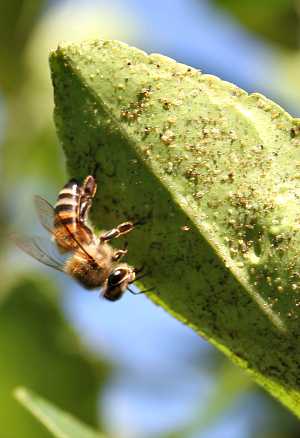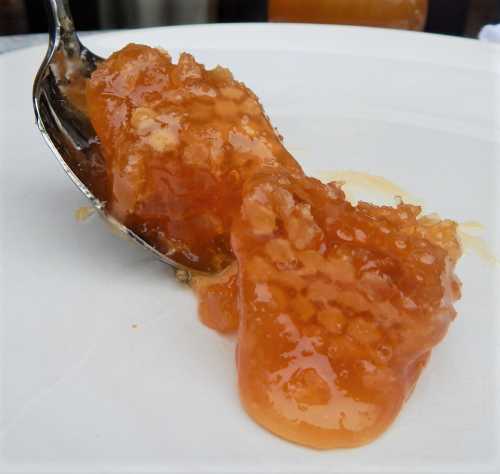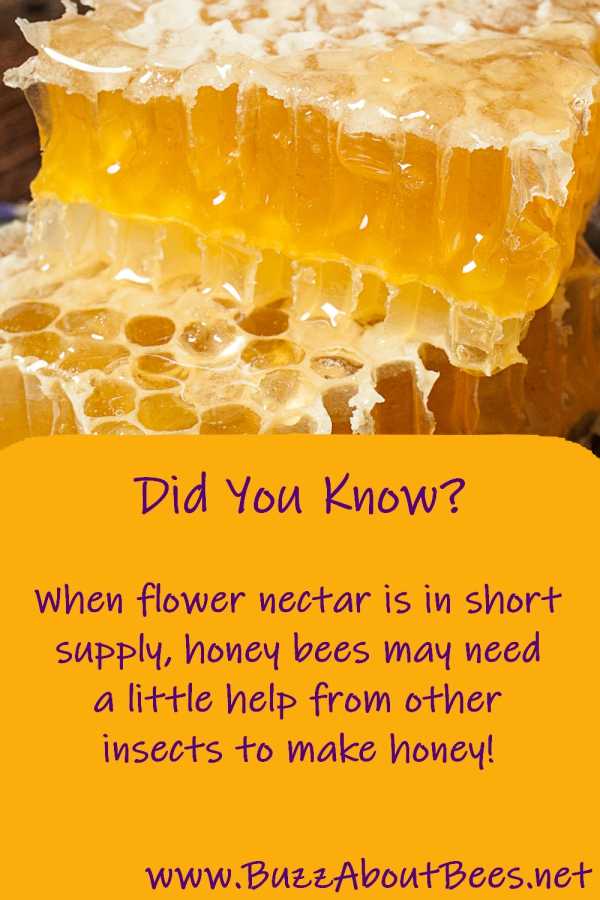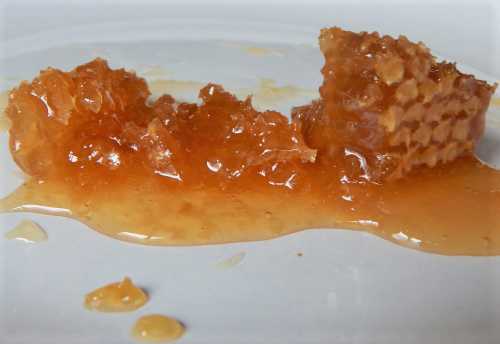What Is The Difference Between Honeydew Honey And Blossom Honey?
You may have heard of, or seen ‘honeydew honey’, and be wondering about the premium price and perhaps various claims you may have read about it.
Differences between blossom and
honeydew honey
What makes honeydew honey special, and how is it different from blossom honey?
Basically, honey bees need the assistance of other insects to make honeydew honey. More about that below.
What is honeydew honey vs blossom honey?
Honey can be either ‘blossom honey’ or ‘honeydew honey’.
Blossom Honey
Blossom honey is made from the nectar gathered by bees from flowering plants.
There are many examples, such as monofloral Manuka honey which bees make from nectar gathered from the pink flowers of Leptospermum scoparium shrub, or Tupelo honey which is made from nectar gathered by bees from the White Tupelo tree.
There are also multi-floral honeys such as those made from nectar gathered by bees from a variety of wildflowers, or those made from bees visiting gardens.
Honeydew Honey
Honeydew honey is honey made from honeydew – a sticky liquid produced by aphids and some other insects that feed on plant sap.
Honey bees will harvest this honeydew from the bark or leaves or stems of trees and other sap-producing plants (although usually, honey bees prefer to forage on flowers, and will turn to the sweet secretions of aphids when the availability of floral nectar is limited).
Honeydew honey is sometimes labelled ‘forest honey’ or even ‘oak honey’ or ‘pine’ and ‘fir’ honey, depending on where the bees have been foraging and the primary source of honeydew.
 Honey bee - Apis mellifera feeding on honeydew.
Honey bee - Apis mellifera feeding on honeydew.Appearance and sweetness
Honeydew honeys are dark in color and less sweet than blossom honeys.
Nutrient content of honeydew honey
- The water content is about the same for both blossom honey and honeydew honey1.
- Sugar gives honey its sweetness.
Whilst overall sugar content is about the same for blossom and honeydew honey, there are differences in the relative proportions of the different kinds of sugars - monosaccharides, disaccharides and trisaccharides1. - Blossom honey has a higher proportion of glucose and sucrose, while honeydew honey has a higher proportion of oligosaccharides1. (In the human body, oligosaccharides play important roles in cell recognition, blood type, and cell adhesion.)
- Honeydew honey also has a higher proportion of minerals, and of amino acids and proteins1.
- Honeydew honey, like blossom honey, is acidic.
However, honeydew honey has a lower pH value than many blossom honeys, making it less acidic than some honey variants.
Health claims
There are a number of pages on this website that examine the claims made for the health benefits of honey. Whilst there is robust evidence for some of the claims made for honey, there is a lack of evidence to support others.
With regard to honeydew honey, one study (Chepulis2) showed that feeding on honeydew honey caused an improvement in the immune system of rats. As I write this page, I can’t find any work reproducing this evidence in humans (please contact me if you discover any!).
In contrast, there are a number of studies in humans using various blossom honeys that for example, suggest:
- Manuka honey is effective against MRSA,
- Honey is effective against the Herpes virus, including cold sores;
- Honey is an effective anti-tussive, meaning that it is a useful treatment against coughs.
- Honey in general, is well known to have natural antibacterial properties, and can combat other harmful microbes.
It may be the case that honeydew honey offers similar benefits to blossom honey.
Why is honeydew honey expensive and is it worth the premium price?
It could be that honeydew honey is more scarce than blossom honey, and therefore, it attracts a premium.
However, in the end, I think honey preference is a personal choice, and what this article does not cover is flavor and aroma.
Whether or not you view the nutrient differences as significant is another matter of opinion, and whether those differences are significant within the context of a human diet, is a matter for scientific investigation.
As I write, I can find no compelling evidence that elevates honeydew honey over blossom honey with regard to advantage to health, or vice versa.
References
1. Ajibola A, Chamunorwa JP, Erlwanger KH. Nutraceutical values of natural honey and its contribution to human health and wealth. Nutr Metab (Lond). 2012;9:61. Published 2012 Jun 20. doi:10.1186/1743-7075-9-61
2. Chepulis, Lynne. (2007). The Effects of Honey Compared With Sucrose and a Sugar-free Diet on Neutrophil Phagocytosis and Lymphocyte Numbers after Long-term Feeding in Rats. Journal of Complementary and Integrative Medicine. 4. 10.2202/1553-3840.1098.
Did You Know?
Toxic Honey Was Used In Ancient Warfare!

If you found this page helpful or interesting, I'd really be grateful if you would share it with others - if not this page, perhaps another, such as Gardening For Bees.
Thank you so much :) .

